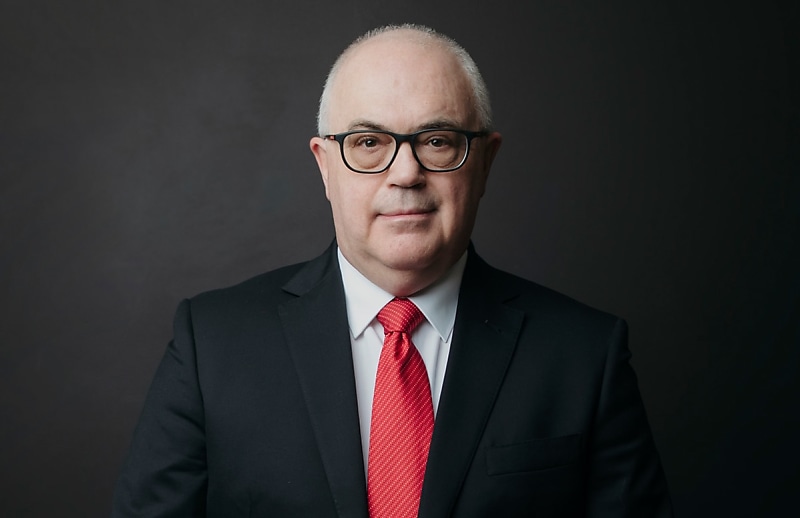You’re out of free articles for this month
The Bendel case dealt with a common trust scenario, Jeffreys said in a recent webinar.
A trust had made a private company beneficiary presently entitled to its income, but the funds were not paid out, creating a UPE.
The ATO has taken the view since December 2009 that such UPEs amounted to a loan by the company to the trust, which would trigger Division 7A deemed dividend rules for private companies.
"The Court overturned the ATO view, unanimously holding that an unpaid present entitlement is not a loan for Division 7A purposes," Jeffreys said.
"The reasoning was that to be a loan, there must be a payment and an obligation to repay. Here, the company never actually paid out money to the trust. It simply hadn't demanded its entitlement.
"Therefore, no loan and no Division 7A deemed dividend arose from leaving the money in the trust."
In its interim decision impact statement relating to the decision, the ATO has continued to assert that its position about UPEs and Division 7A is correct and it would continue to apply the law as set out in TD 2022/11, until the appeals process is finalised.
Jeffreys said that while the Bendel case was fundamentally about Division 7A, it could have significant flow-on implications for section 100A in terms of how the ATO sees the section's operation.
"Prior to the Bendel decision, the ATO's compliance approach for trust to company distributions, heavily relied on Division 7A to attack the arrangement. [It] essentially forced such UPEs to be converted into formal loans or paid out under the threat of a deemed dividend," he said.
"Now that the court has rejected the UPE equals loan premise, the ATO has increasingly looked to Section 100A as an alternative weapon to address what it perceives as tax avoidance arrangements involving UPEs.
The Tax Office already foreshadowed this shift following the initial Bendel decision by the Administrative Appeals Tribunal.
In an interim decision impact statement issued after the decision, the ATO specifically flagged the potential application of section 100A to trust company UPE arrangements, Jeffreys said.
The ATO warned that even if a UPE is not a loan for Division 7A purposes, it could still be caught by section 100A if the arrangement fits the reimbursement agreement criteria.
However, Jeffreys said that following the Bendel decision, there may need to be a re-examination of how certain elements of section 100A are interpreted in these scenarios.
“One question is whether the mere existence of an unpaid entitlement with no more formal arrangement constitutes an agreement for Section 100A purposes,” Jeffreys said.
The Commissioner argued in Bendel that the company beneficiaries’ consent or acquiescence to leaving their entitlement unpaid amounted to a kind of arrangement or provision of financial accommodation.
“The Full Federal Court found that argument insufficient to establish a loan under Division 7A. Essentially, inaction, not calling for payment was not the same as actively providing a loan,” Jeffreys said.
“This reasoning suggests that a UPE by itself might not involve a tax-driven agreement unless there was a more explicit understanding or plan between the parties,” he said.
Jeffreys said that while section 100A does not require a formal contract, there still must be some understanding or expectation that the entitlement will be dealt with in a certain way.
“If the controllers of the trust and company simply leave the entitlement unpaid without any further plan, then one could argue there is no reimbursement agreement. It could just be a timing choice or a prudent business practice,” he said.
“Such a scenario might be viewed as an ordinary family or commercial dealing, rather than a tax-driven extraordinary dealing.”
He stressed, however, that the Bendel case was fought on Division 7A grounds and that section 100A was not litigated to judgment.
“Therefore, any impact on 100A is indirect,” he said.
“Nevertheless, the court's findings do undermine some assumptions that the ATO's previous section 100A guidance was built on. For example, the idea that a private company's silence on a UPE is equivalent to a deliberate arrangement to finance the trust.
“After Bendel, taxpayers might have a stronger position to argue that a plain UPE left outstanding for commercial reasons is an ordinary family or commercial dealing, not a reimbursement agreement.”

 Login
Login







